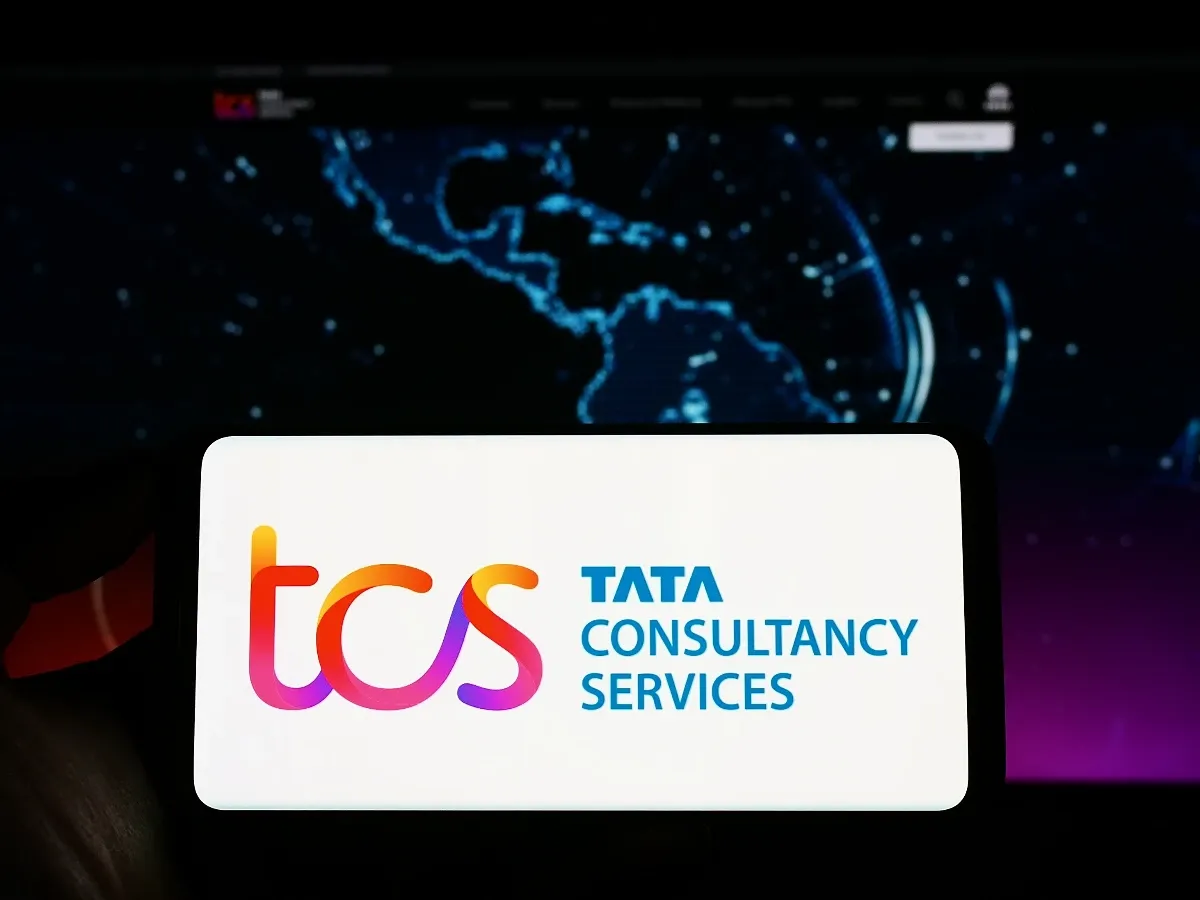Market News
TCS Q4 results preview: Street braces for disappointing numbers; all eyes on management commentary
.png)
3 min read | Updated on April 09, 2025, 08:05 IST
SUMMARY
TCS Q4 results: Indian IT companies are facing weak demand as global clients have adopted a wait-and-watch approach due to increasing uncertainties around Trump's tariffs. Though the ERD (engineering R&D) services (a growing segment within IT) have a strong deal pipeline, deal closures are taking longer.
Stock list

TCS is expected to report revenue in US dollar terms at $7,503 million, down 0.5% QoQ and up 1.9% YoY. | Image: Shutterstock
For the quarter under review, the Tier-1 IT services companies are expected to report an average of 0.3% sequential decline in revenue growth on a constant currency (CC) basis, led by seasonality, decision delay due to tariff-led macroeconomic uncertainty, and account-specific challenges that could outweigh the benefits of deal ramp-ups.
Indian IT companies are facing weak demand as global clients have adopted a wait-and-watch approach due to increasing uncertainties around Trump's tariffs. Though the ERD (engineering R&D) services (a growing segment within IT) have a strong deal pipeline, deal closures are taking longer.
Operating margins are under stress due to weak demand and delayed project ramp-ups. GenAI is taking centre stage but is also driving pricing changes as enterprises and hyperscalers integrate AI efficiency into their pricing models.
Discretionary IT spending remains subdued. Additionally, concerns over a potential US slowdown, high interest rates, etc., are negatively impacting IT spending, notes a recent report by Tata Mutual Fund.
As regards valuation, the fund house notes that the NIFTY IT's 1-year forward PE is trading at a 30% premium compared to NIFTY50's 1-year forward PE. This premium valuation, coupled with global tariff uncertainties, economic slowdown, and slower-than-expected recovery in discretionary spending, may weigh on near-term growth and stock prices.
The NIFTY IT index has fallen 28% from its peak as against a 14% fall in the benchmark NIFTY50 index.
Analysts note that IT companies, especially Tier-1s, due to the improved cash flow conversion and higher payout ratios vs pre-COVID, coupled with the recent correction, are trading at nearly a 4-6% FCF yield, which is comforting.
Free Cash Flow Yield (FCFY) is a financial metric that measures a company's ability to generate free cash flow relative to its market capitalisation. It is expressed as a percentage.
However, the sector is likely to remain under pressure until clarity on US macros emerges. Currently, large enterprises in the US are deferring large transformational IT spends, which will impact the immediate near-term quarter, the report notes.
According to analysts at InCred, TCS is expected to report revenue in US dollar terms at $7,503 million, down 0.5% QoQ and up 1.9% YoY. Revenue in rupee terms is pegged at ₹64,981.3 crore, up 1.6% QoQ and 6.1% YoY. EBIT, or earnings before interest and taxes, is seen at ₹16,050.4 crore, up 2.5% QoQ and 0.8% YoY. EBIT margin is expected to fall 129 basis points (bps) YoY but rise 23 bps QoQ to 24.7%.
Net profit is seen at ₹12,688.4 crore, up 2.5% QoQ and 2% YoY.
TCS' services growth in constant currency (CC) terms could be offset by the decline in BSNL revenue and the absence of non-recurring license revenue recognised in 3QFY25. The decline in revenue in dollar terms will be led by cross-currency headwinds. Besides, headwinds from reinvestments in business, including the strengthening of the partnership ecosystem, could offset margin tailwinds from rupee depreciation, changes in the mix, and reversals of furloughs.
Key updates to track
The conversion of the deal pipeline, commentary on financial services and insurance (FSI), the retail & manufacturing vertical, and the outlook on large deal ramp-ups will be key updates to track.
About The Author
Next Story

